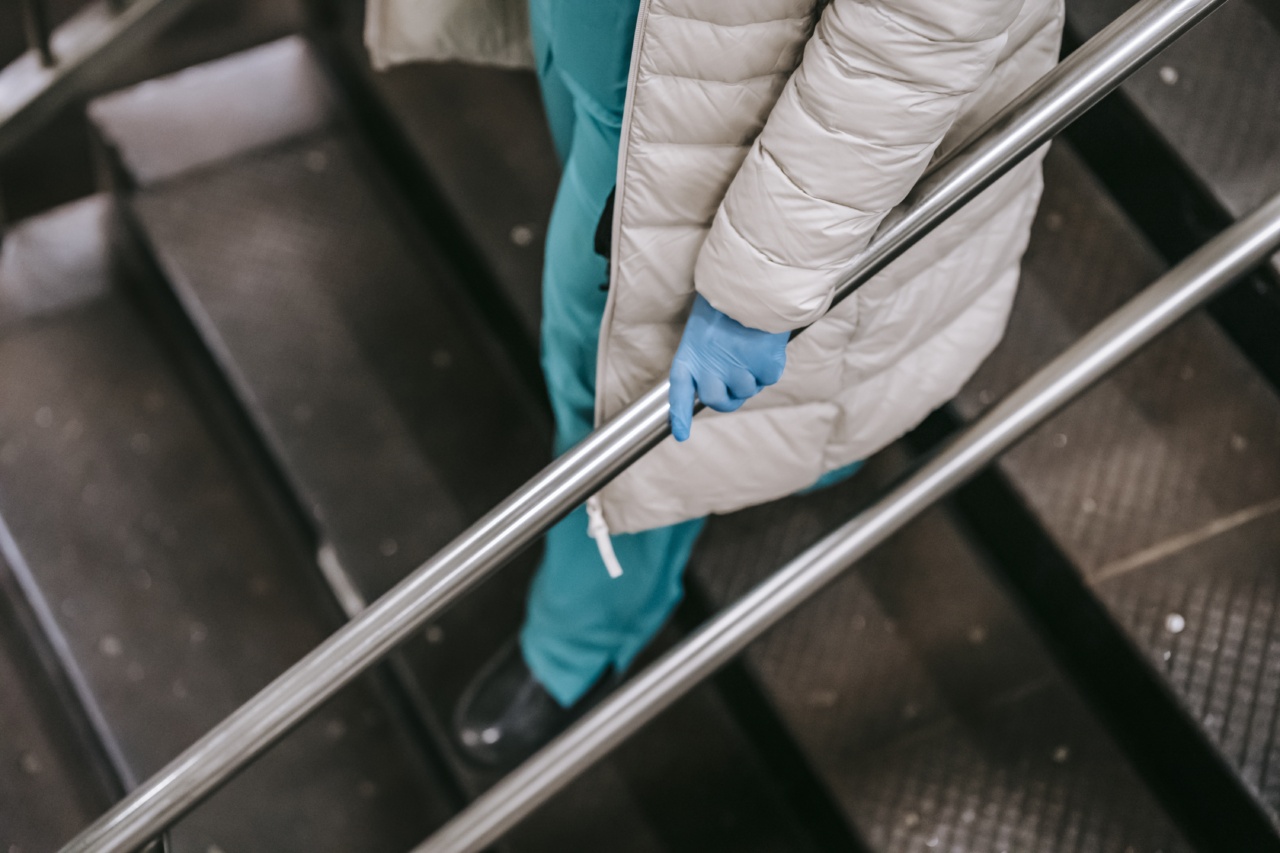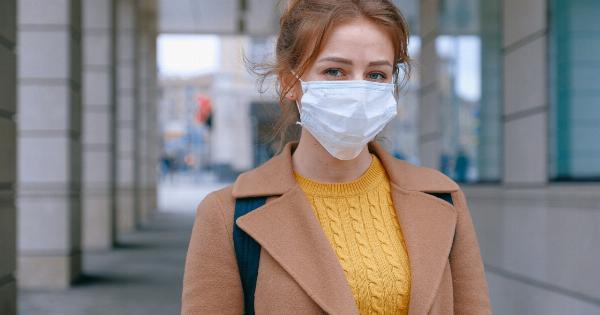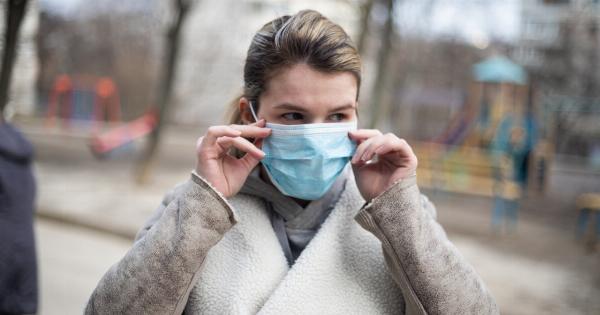Flu season is typically from December to March each year, but it is not uncommon for the virus to start spreading as early as October and as late as May. In recent years, flu season has been getting worse, and the 2017-2018 season was no exception.
The Centers for Disease Control and Prevention (CDC) reported that the flu had caused 172 pediatric deaths and over 30,000 hospitalizations in the United States.
The Story of Amy
Amy was a 48-year-old mother of three who had always been healthy. She was a fitness enthusiast who enjoyed hiking and running, and she rarely got sick. One day, she woke up feeling exhausted, and by evening, she was running a fever.
She assumed it was just a cold or flu, but after a few days of feeling progressively worse, she went to see her doctor.
The doctor took some blood tests and confirmed that Amy had contracted the flu. She was prescribed antiviral medication and told to rest and drink plenty of fluids. However, Amy’s condition quickly deteriorated.
She developed pneumonia and was admitted to the hospital.
Despite receiving treatment, Amy’s health continued to decline. Her lungs were severely infected, and she was struggling to breathe. Her family knew that she was in critical condition, and they spent every moment by her side, praying for a miracle.
On the fifth day of her hospitalization, Amy’s heart stopped beating. Despite the medical staff’s best efforts, they were unable to revive her. Amy had succumbed to the flu.
Another Wave of Flu Deaths
Amy’s story is a tragic reminder of how devastating the flu virus can be. While the flu is considered a common illness, it can be deadly, especially for those with weakened immune systems.
The 2017-2018 flu season was particularly severe, with the highest death toll in decades.
According to the CDC, the flu caused 30,453 laboratory-confirmed hospitalizations in the 2017-2018 season.
Of those hospitalizations, 7092 were adults aged 18 to 49, highlighting the fact that it is not just the elderly and young children who are at risk.
The flu virus is highly contagious and primarily spreads through droplets when an infected person coughs or sneezes.
The virus can also live on surfaces for up to 24 hours, making it easy to contract if you touch your face after coming into contact with a contaminated object.
How to Protect Yourself from the Flu
The best way to protect yourself and those around you from the flu is to get vaccinated. The flu vaccine is recommended for everyone six months of age and older, with rare exceptions.
The flu vaccine is designed to protect against the predominant strains of the virus for each season.
In addition to vaccination, there are other preventative measures you can take to help reduce your risk of contracting the flu.
Wash your hands regularly: Regularly washing your hands with soap and water can help to remove any viruses or bacteria that you may have come into contact with.
If soap and water are not readily available, use an alcohol-based hand sanitizer.
Cover your mouth and nose: When you cough or sneeze, cover your mouth and nose with a tissue or your elbow. This will help to prevent the spread of the virus to others.
Avoid close contact: Try to avoid close contact with people who are sick. If you are sick, stay home to avoid spreading the virus to others.
Clean and disinfect surfaces: Use disinfectant wipes or sprays to clean and disinfect commonly touched surfaces, such as doorknobs, keyboards, and phones.
What to Do if You Get Sick
If you do get sick with the flu, it is important to take steps to prevent the spread of the virus to others.
Stay home: If possible, stay home from work, school, and other public places until your fever has resolved for at least 24 hours. This will help to prevent spreading the virus to others.
Drink plenty of fluids: Drinking plenty of fluids can help to prevent dehydration, which can be especially dangerous for young children and older adults.
Take medication as directed: If your doctor has prescribed medication to treat the flu, take it as directed.
Get plenty of rest: Rest is essential for recovery from any illness, including the flu. Try to get plenty of sleep and take it easy until you feel better.
The Bottom Line
Flu season can be dangerous, especially for those with weakened immune systems.
The best way to protect yourself and others from the flu is to get vaccinated and take preventative measures, such as washing your hands and avoiding close contact with those who are sick. If you do get sick, take steps to prevent the spread of the virus to others and get plenty of rest until you feel better.



























